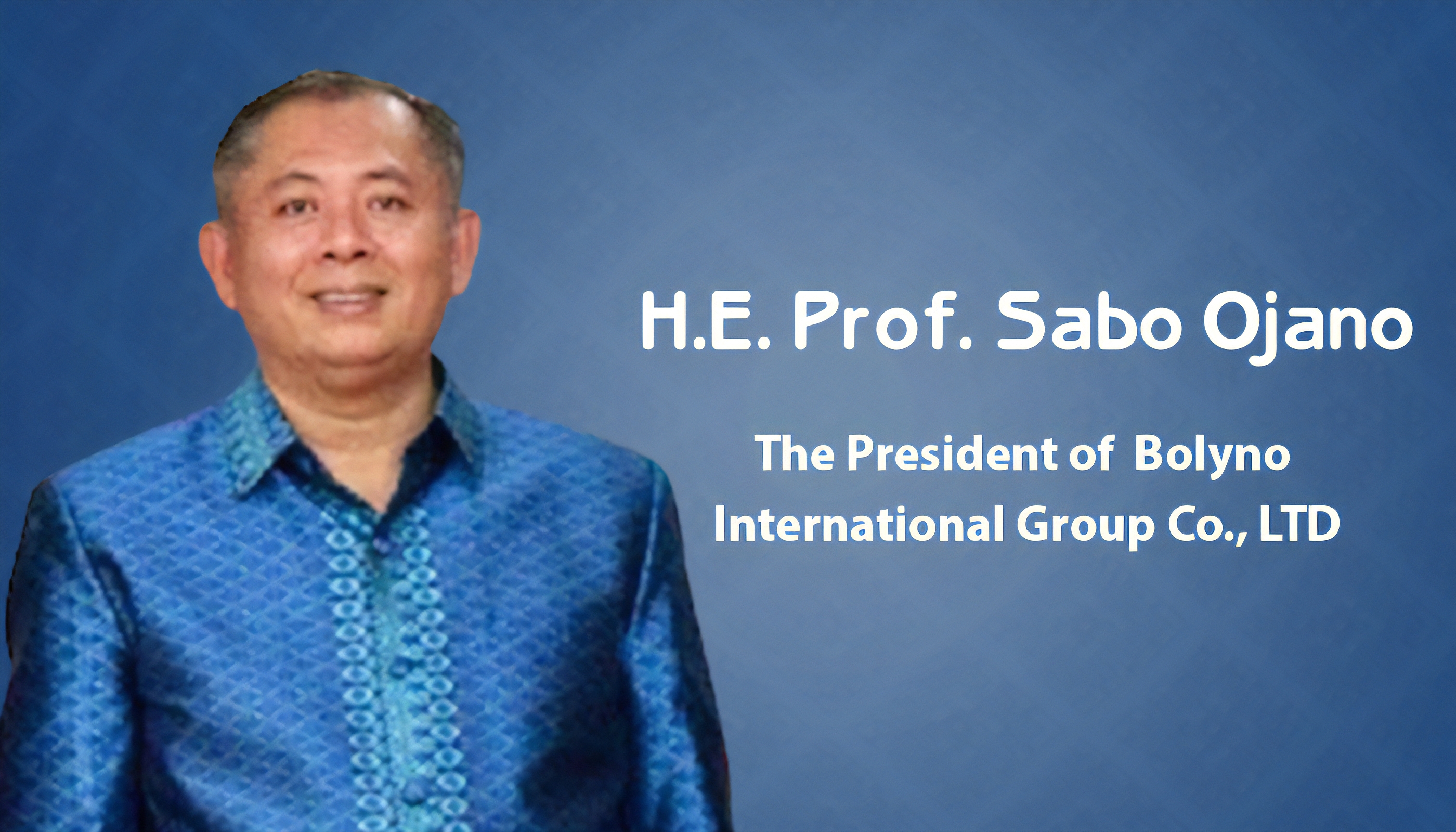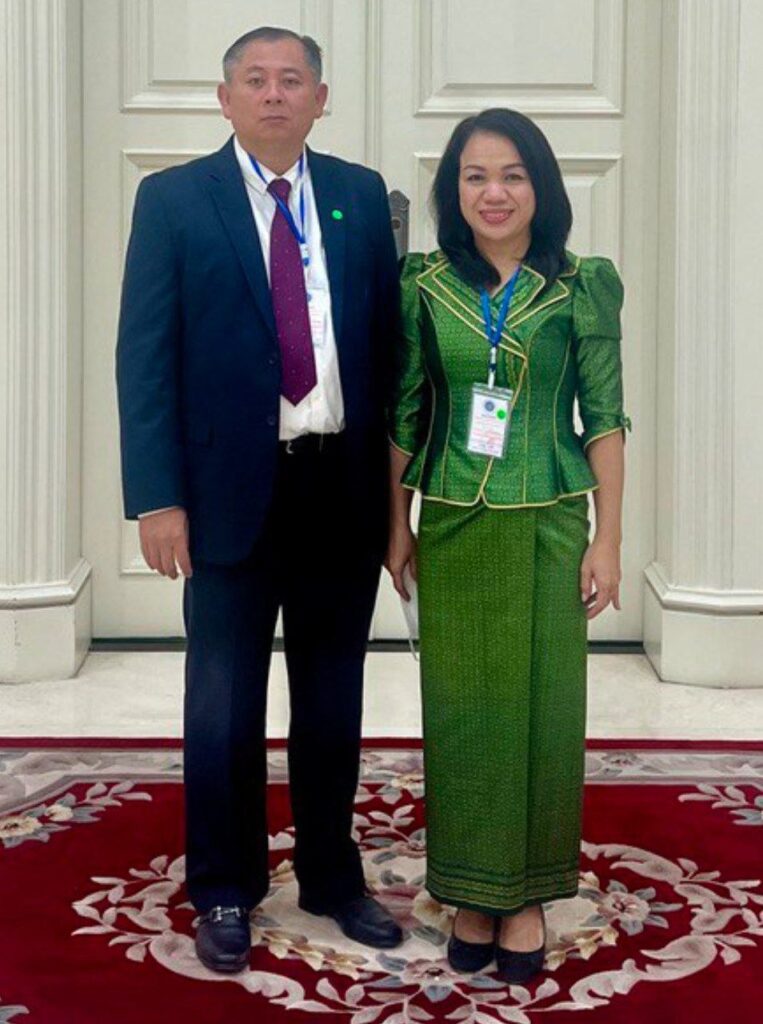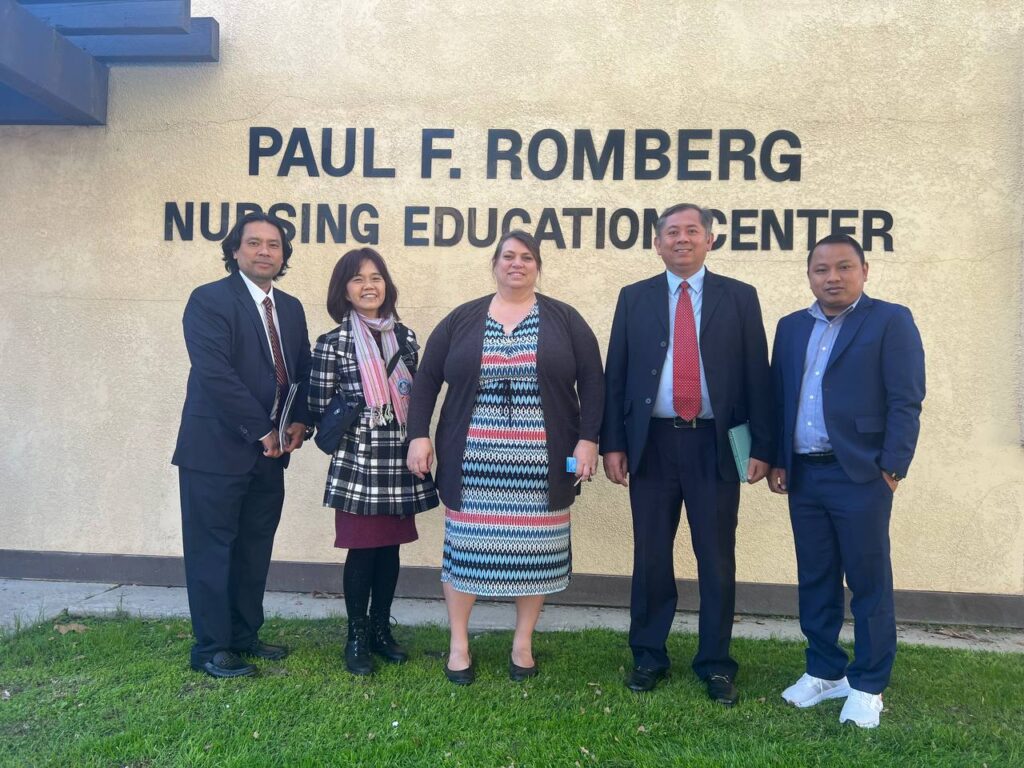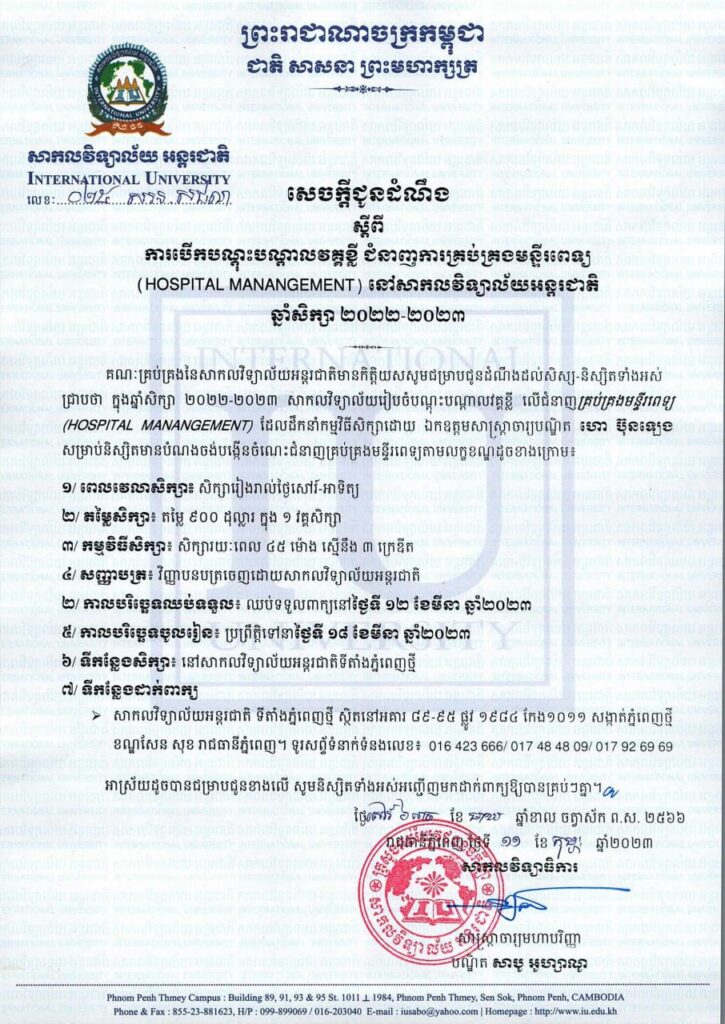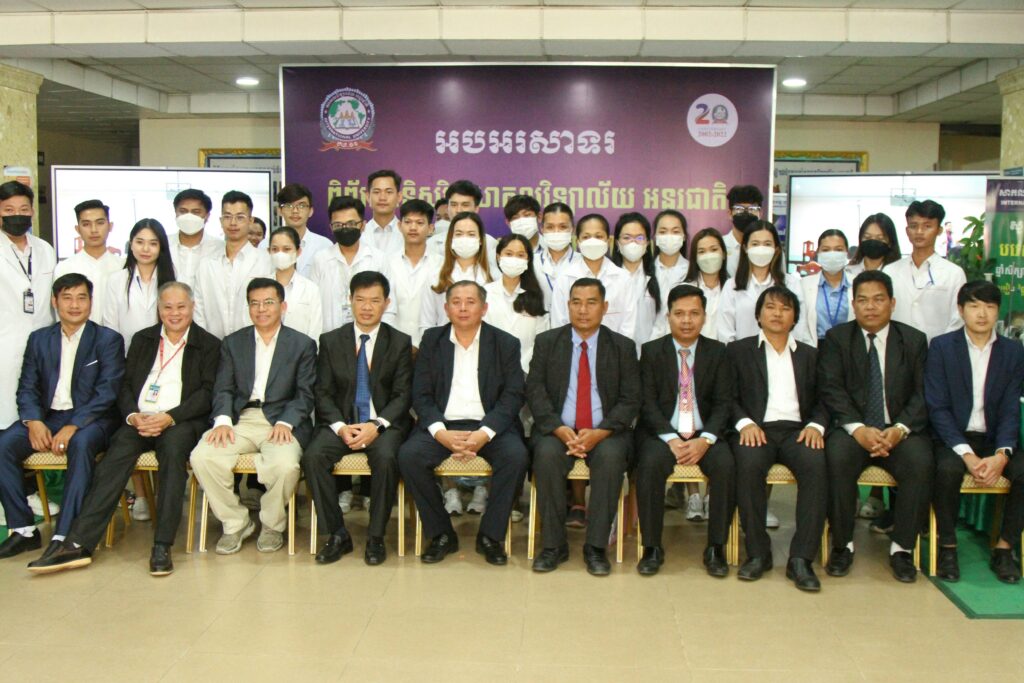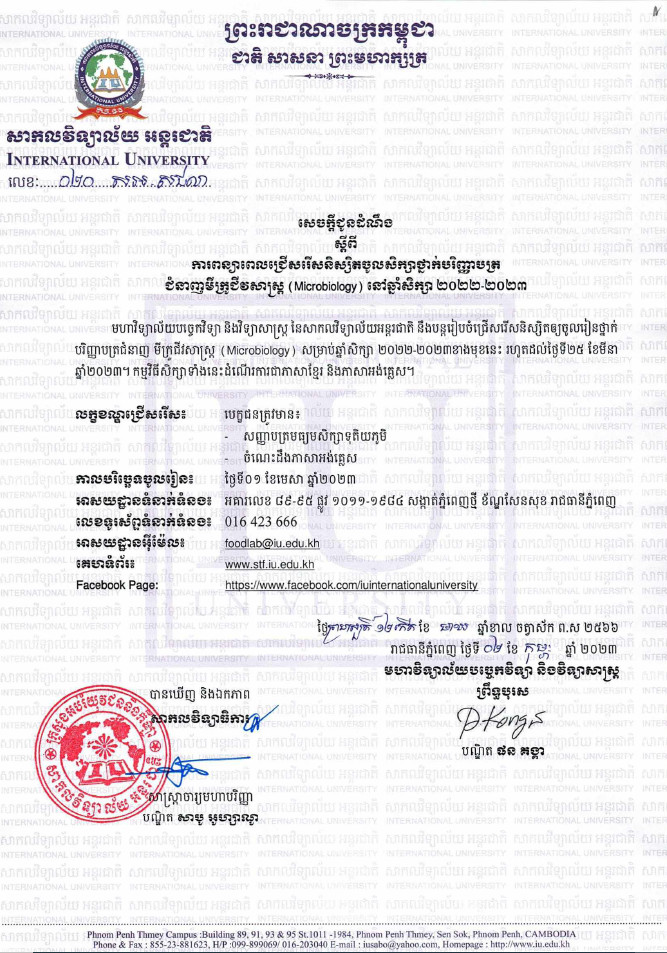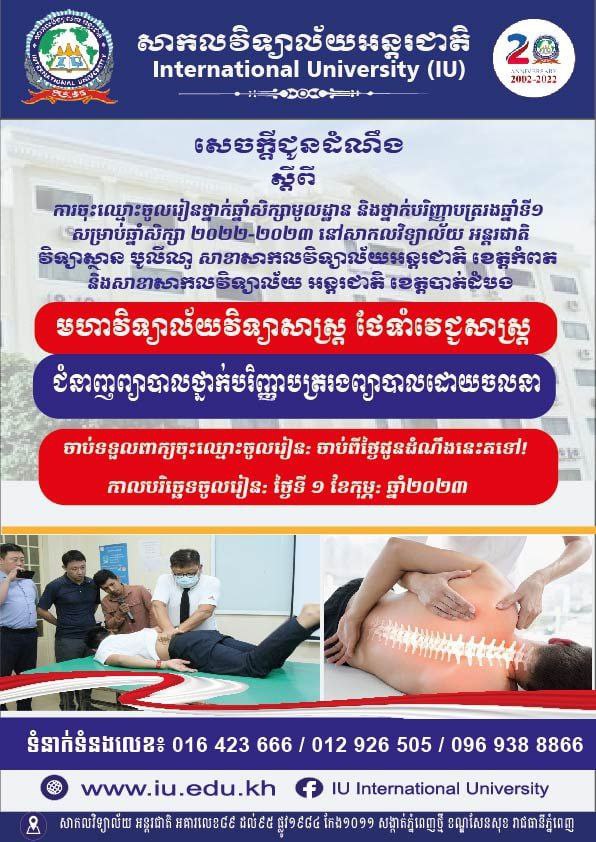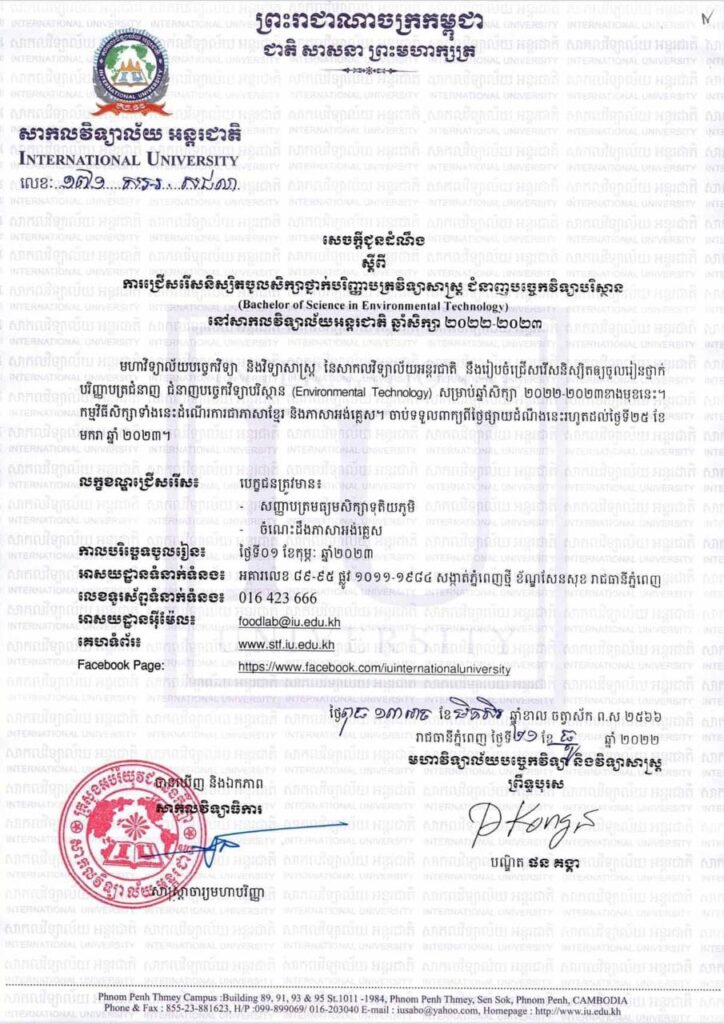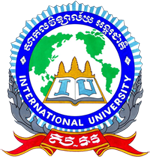Economics
Bachelor of Economics
Description
A general program that focuses on the systematic study of the production, conservation and allocation of resources in conditions of scarcity, together with the organizational frameworks related to these processes. Includes instruction in economic theory, micro- and macroeconomics, comparative economic systems, money and banking systems, international economics, quantitative analytical methods, and applications to specific industries and public policy issues.
Learning Objectives
This course provides the quantitative skills and expertise required to:
- gain an understanding of core economic principles and how they apply to a wide range of real-world issues
- master the theoretical and applied tools necessary to critique and create economic research
- learn how to articulate pragmatic, principles-based policies to enhance economic well-being and promote social justice
- become familiar with salient developments in the world economy, in both present-day and historical contexts.
Learning Outcomes
Students graduated from the program will be expected to have knowledge and practical skills in:
- demonstrate an understanding of core economic theories; and be able to apply economic analysis and the economic way of thinking to assist decisions in specific business strategy contexts
- use graphical models, logical argument, mathematics and written communication to explain basic market outcomes and to analyze real-world policy alternatives
- make the connection between economics and their individual majors
- learn a rigorous set of tools that will allow them to take more economics as undergraduates or to support non-economic graduate studies.



